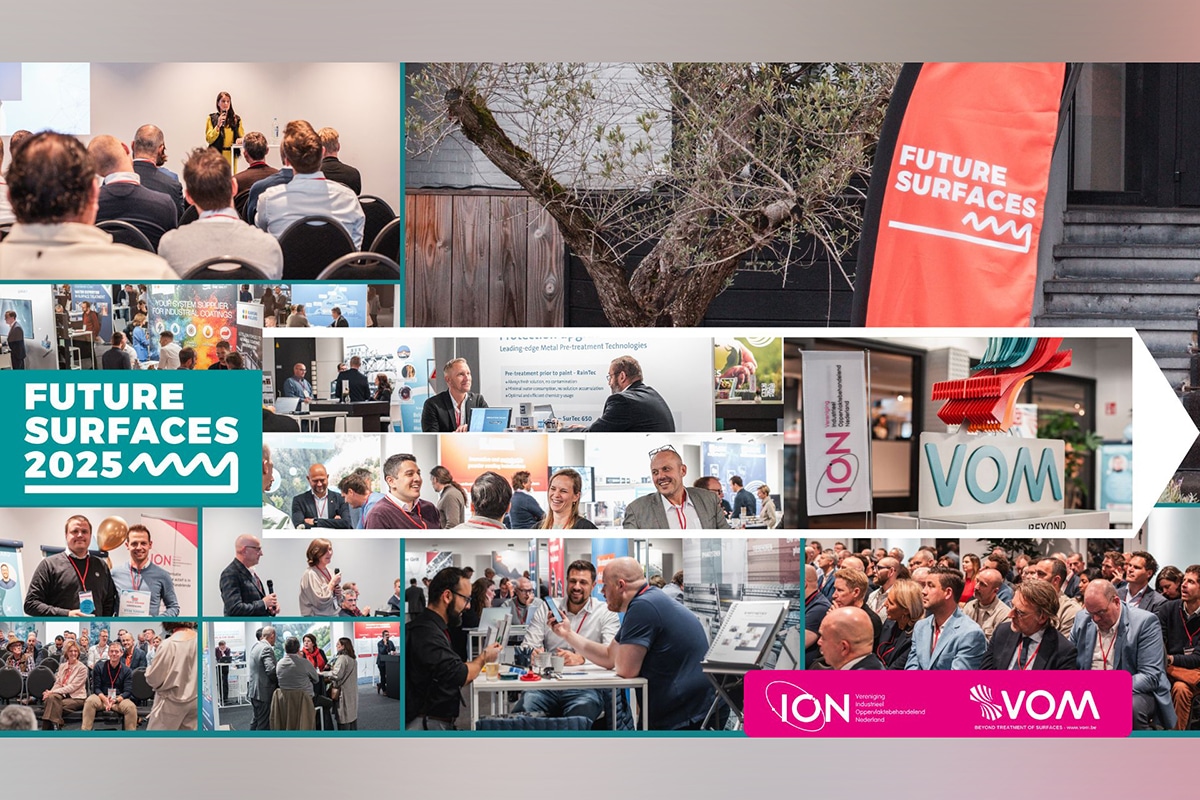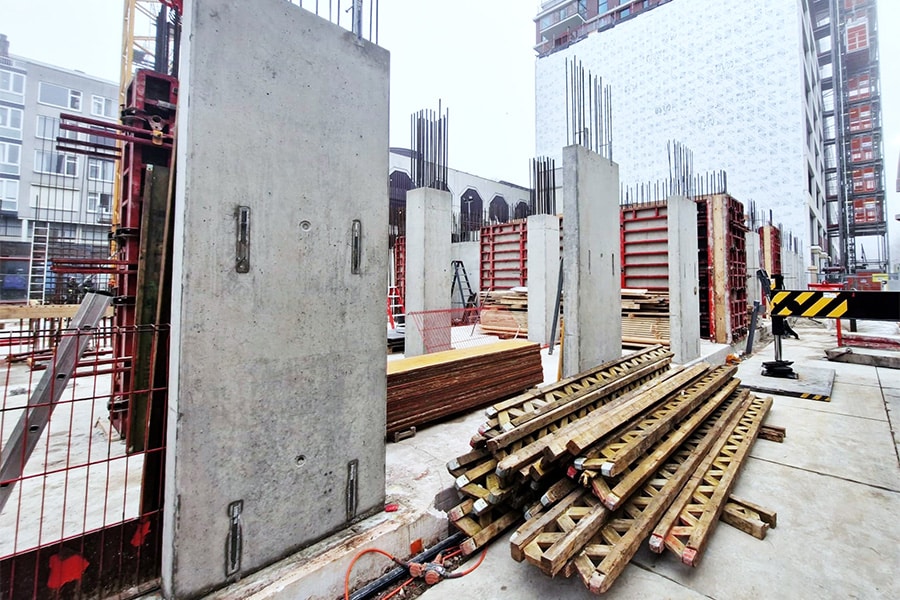
Is the Netherlands slowly becoming "Singapore on the North Sea"?
We spoke for this edition of Concrete & Steel Construction with Paul Laseur, one of the faces of BNR Nieuwsradio and an expert on construction in the Netherlands and all the developments that can be linked to it. We put five random questions and statements to him for inspiration.
Politicians should be ashamed of the huge housing construction backlog in the Netherlands
"No, I disagree. After all, you can't blame politics alone for this. The construction industry must also look at itself. After all, it does not show real entrepreneurship if you put the responsibility on 'The Hague'. As the construction industry, you could have developed initiatives yourself. Entrepreneurs set their own agenda, don't they? At least, that's how it should be."
"After all, you know there is a building ambition. Well, then make beautiful plans. At the same time, I also understand - because of the crisis of a few years ago - the reticence, but on the other hand, I still think the construction industry could have modernized faster or better. Aspects such as livability, sustainability and circularity could have been incorporated into business models much earlier. I do see to my regret that small companies are left behind too much. For example, the BIM story: that seems rather predestined now for the big companies. That's a shame. That seems like a missed opportunity. So ... the construction industry has to keep looking at itself above all. That's where the real power comes from."
We are still not innovating enough in construction in the Netherlands
"Yes, I agree. I said it in the previous statement: the big parties do it. But small businesses in construction need to realize that innovation goes far beyond developing new products. It is also about pursuing better or smarter automation. Or what about new financing structures? How do you want to be as an employer? And can you boost safety on the construction site?"
"In addition, I see that small parties often still have too much fear of the competitor. Why not want to cooperate more? That too is a form of innovation and innovative thinking. Building in the Netherlands is expensive. And risky. Precisely for these reasons, smaller construction companies need to develop a different mindset. Because, there are still opportunities for those smaller companies. So, here too it comes down to entrepreneurial entrepreneurship."

Do we realize that the Netherlands is really becoming more and more crowded? And that we cannot escape it? Will the Netherlands become the Singapore on the North Sea with unprecedented high-rise buildings?
Sustainability in construction: it's getting harder and harder to sell that to...
"Tja.... I do see that an aspect like sustainability should be able to be sold much better. I understand the zeitgeist, I also see the discussions around the country, but maybe we all need to start telling a lot more about the (re)use of materials. Communication is the key word."
"In terms of content, construction may have to take a hit in that area to find the support for all kinds of projects where sustainability and circularity play a big role. Ultimately, you have to be able to get people on board."
Education in the Netherlands falls short with respect to the knowledge we need to keep building smart
"I think people still learn the most about construction on the construction site. Apprenticeships are therefore essential. In general, I would argue for more attention and appreciation in society for craftsmanship and craftsmanship. From now on it would therefore be better to speak of 'practically educated' rather than 'poorly educated' when referring to construction workers. On the other hand, I do see that architecture in the Netherlands of top level. Construction engineers coming out of Dutch colleges and universities are world class. So with scientific construction education, I don't think there is much wrong with it."
What will the Netherlands look like in 2040?
"We will have to take into account that the Netherlands will actually become a kind of 'City State.' Whether we want to or not. Singapore on the North Sea. Everything will be focused on 'the city,' a large metropolis of connecting cities such as Amsterdam, Rotterdam, The Hague and Utrecht, which will have to become more and better connected. Mobility will thus become an important factor, if not the most important!"
"And also The Last Mile. So, what about the accessibility of our workplaces? Can we really get anywhere? So I think multipolar metropolises are going to emerge. Whether this will be the case as early as 2040, I doubt it. That's relatively soon, but we are moving in that direction. We know our demographic expectations. That means vision needs to be developed within the construction industry in the Netherlands. How do we deal with a fuller and aging Netherlands? How can we create more functions within cities that will keep livability at a high level?"
About Paul Laseur
Paul Laseur (51) is originally a lawyer in construction law and is now one of the faces of BNR Nieuwsradio as an economic journalist. There he is a program maker, columnist and presenter of the program 'Bouwmeesters', among others. "Construction has always had my interest from a young age. Because, what's more beautiful than making things? I can really be captivated by that. When something is finished, I find that fascinating. Especially when you consider the process that sometimes preceded the delivery of a beautiful end result."
Text and Image | Jerry Helmers




